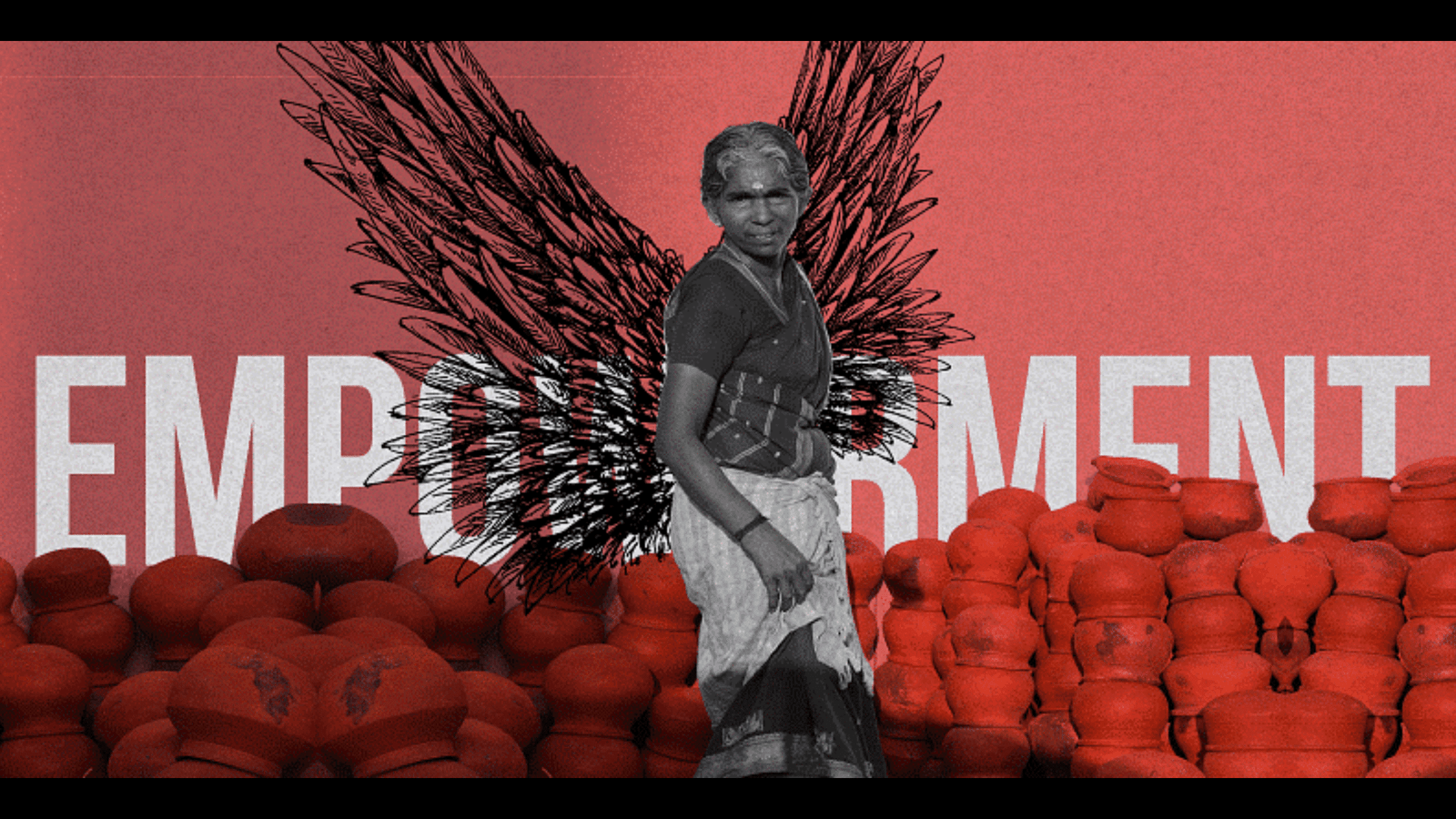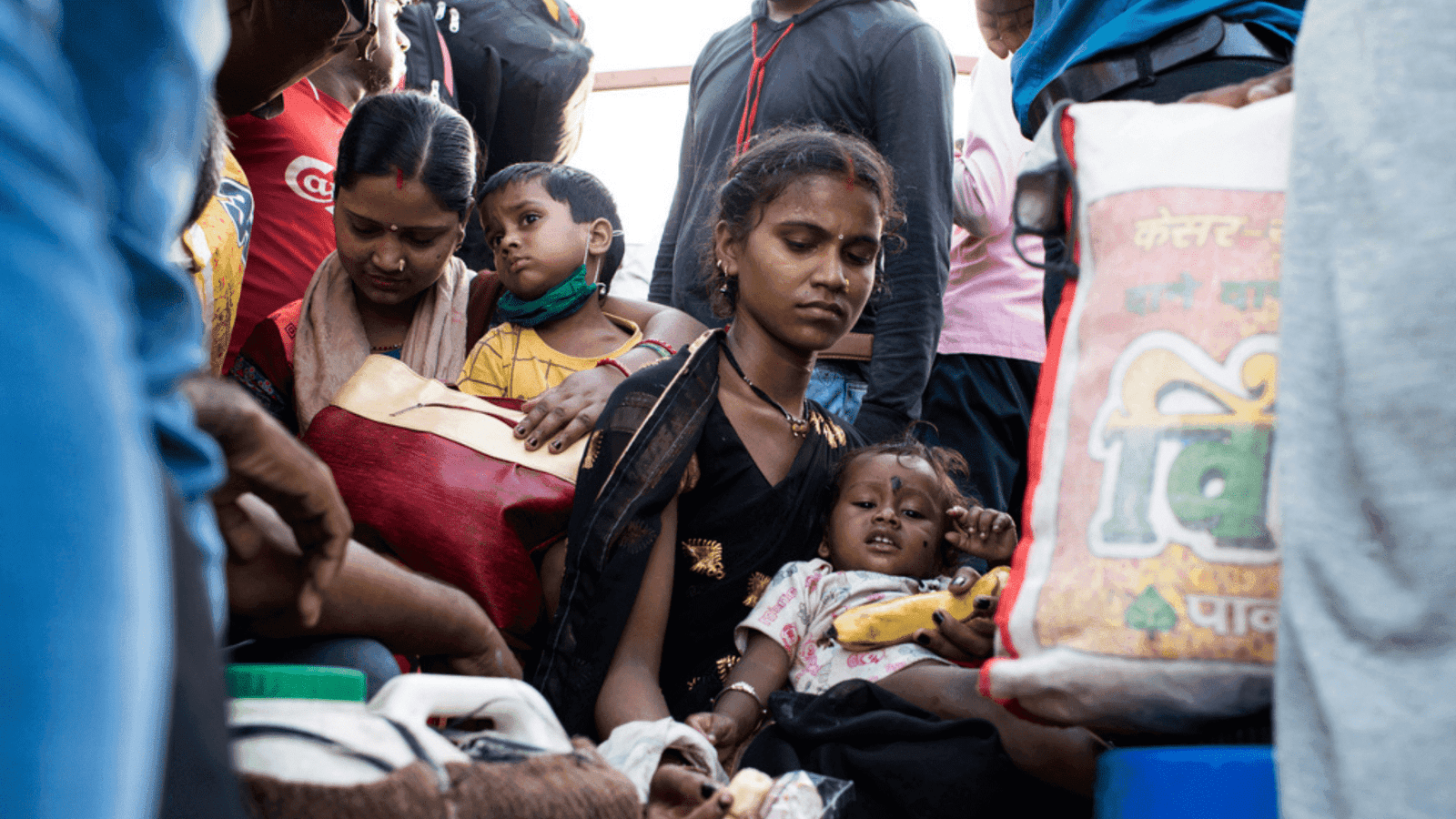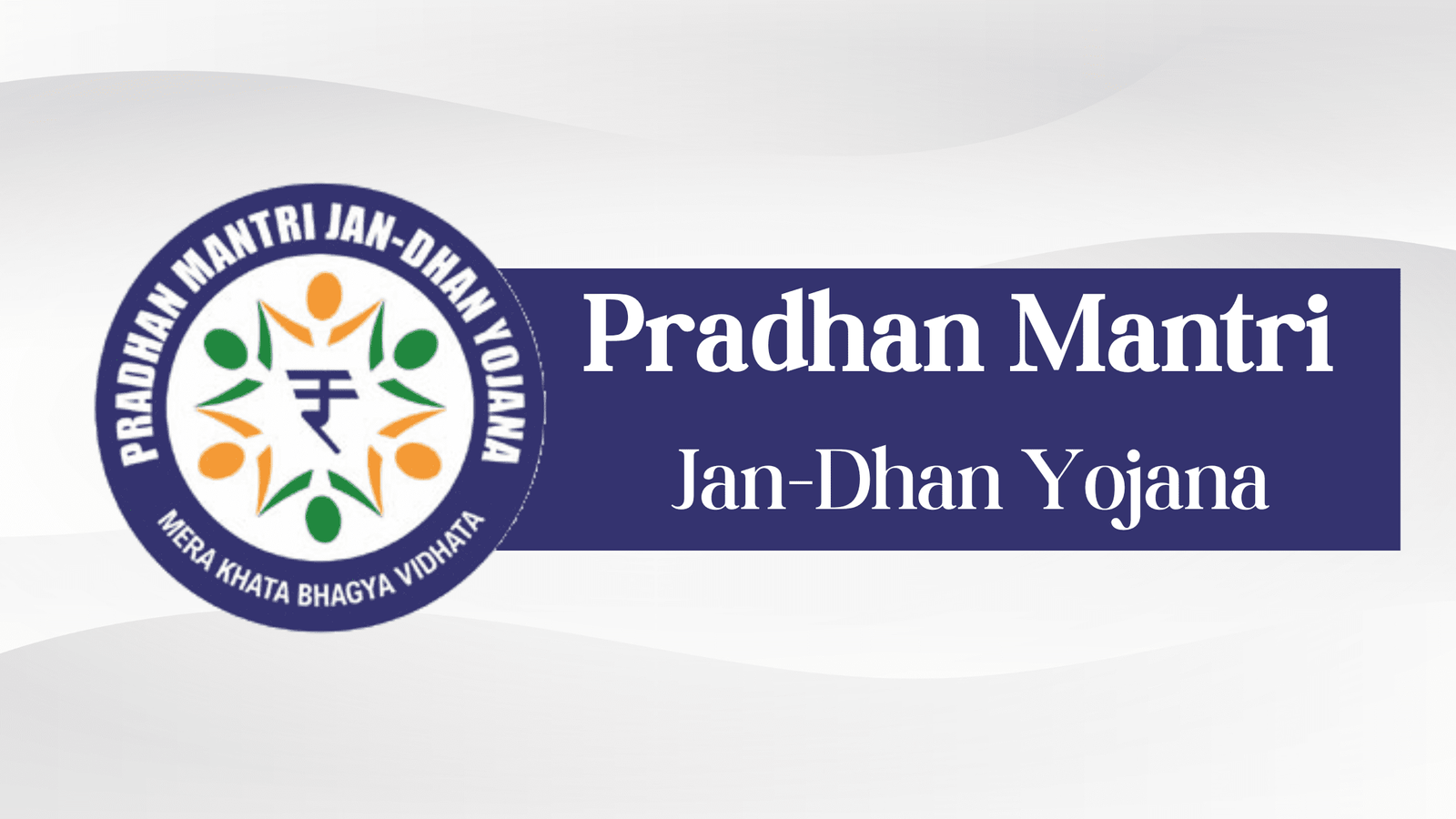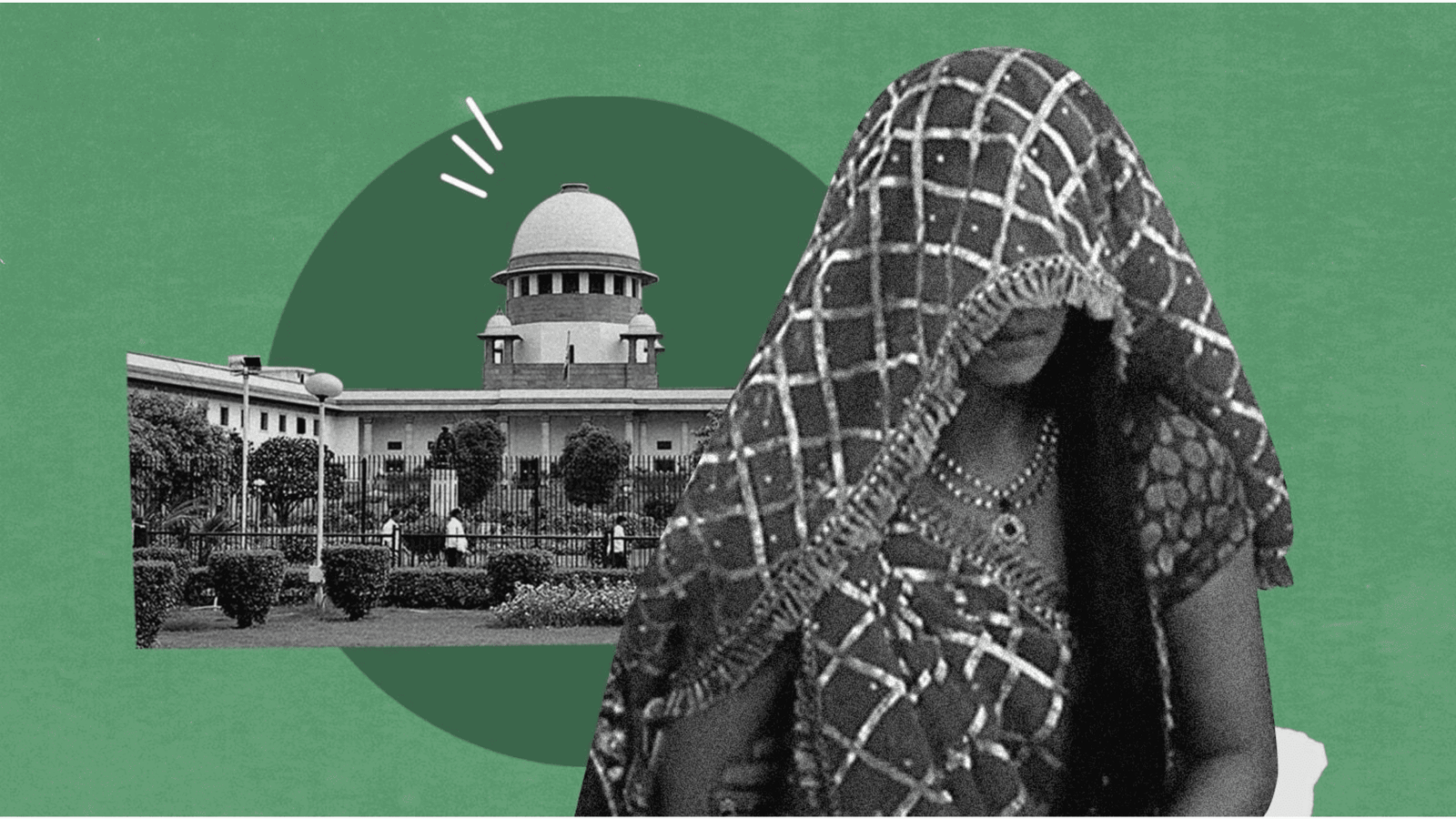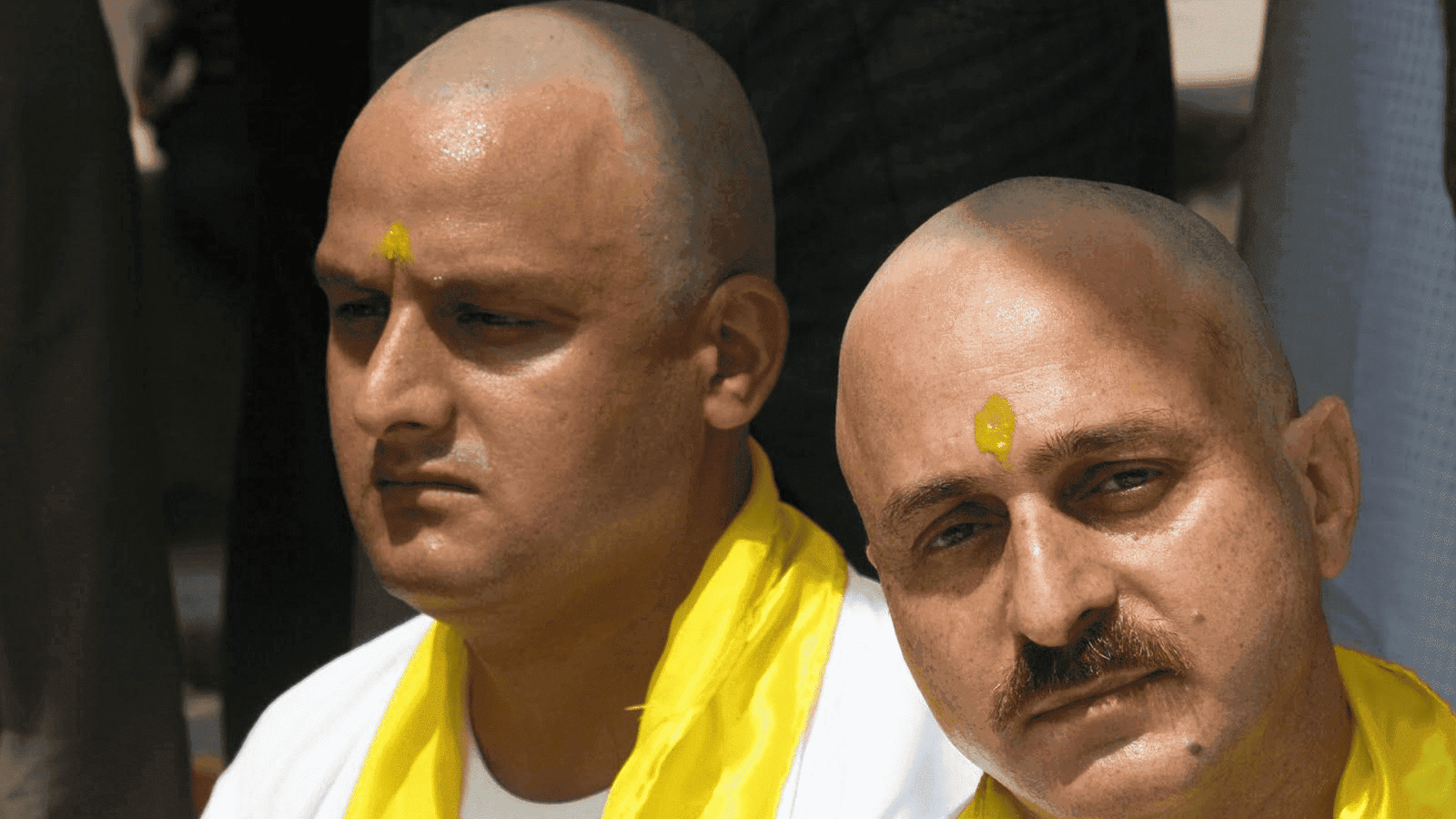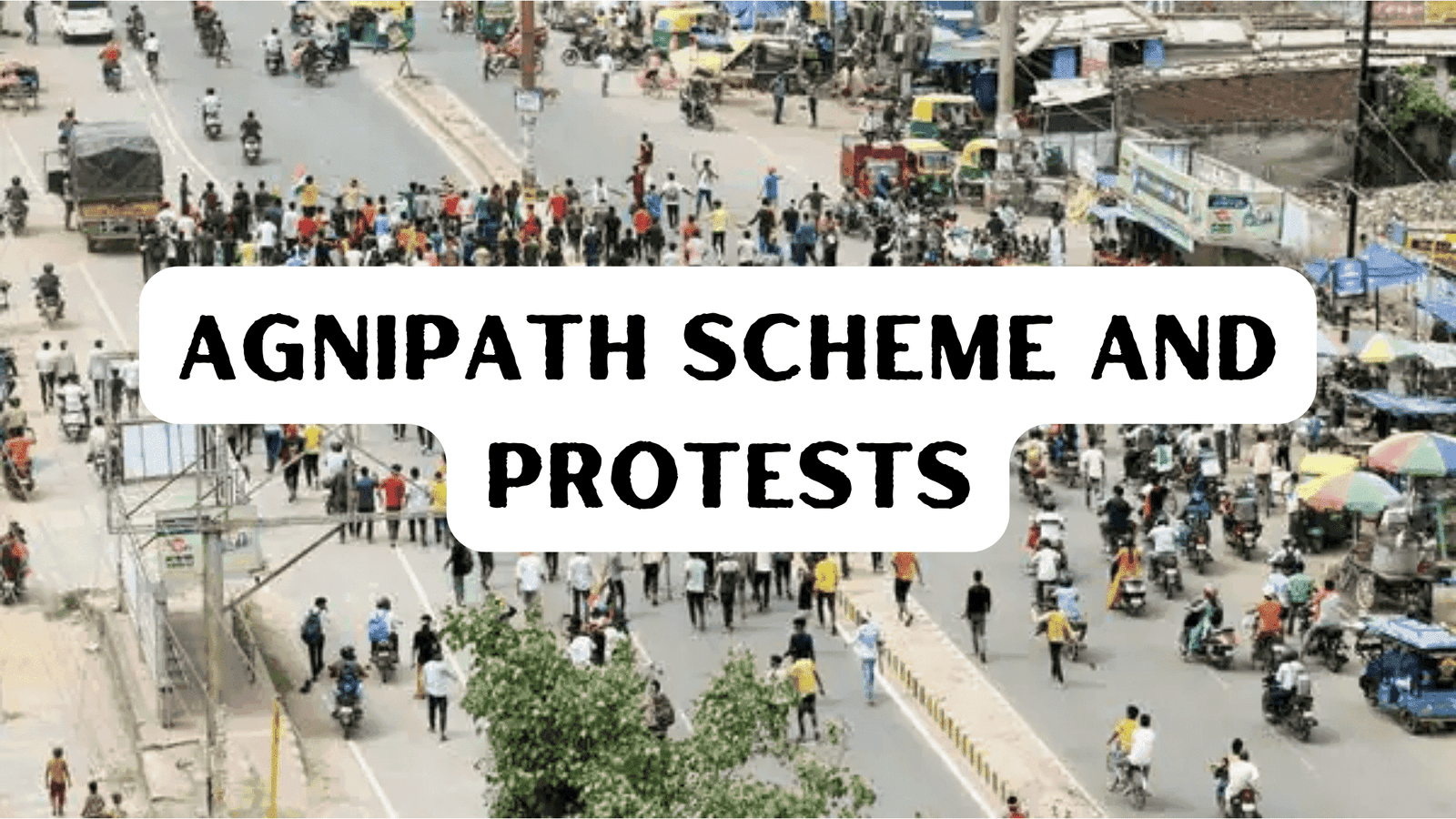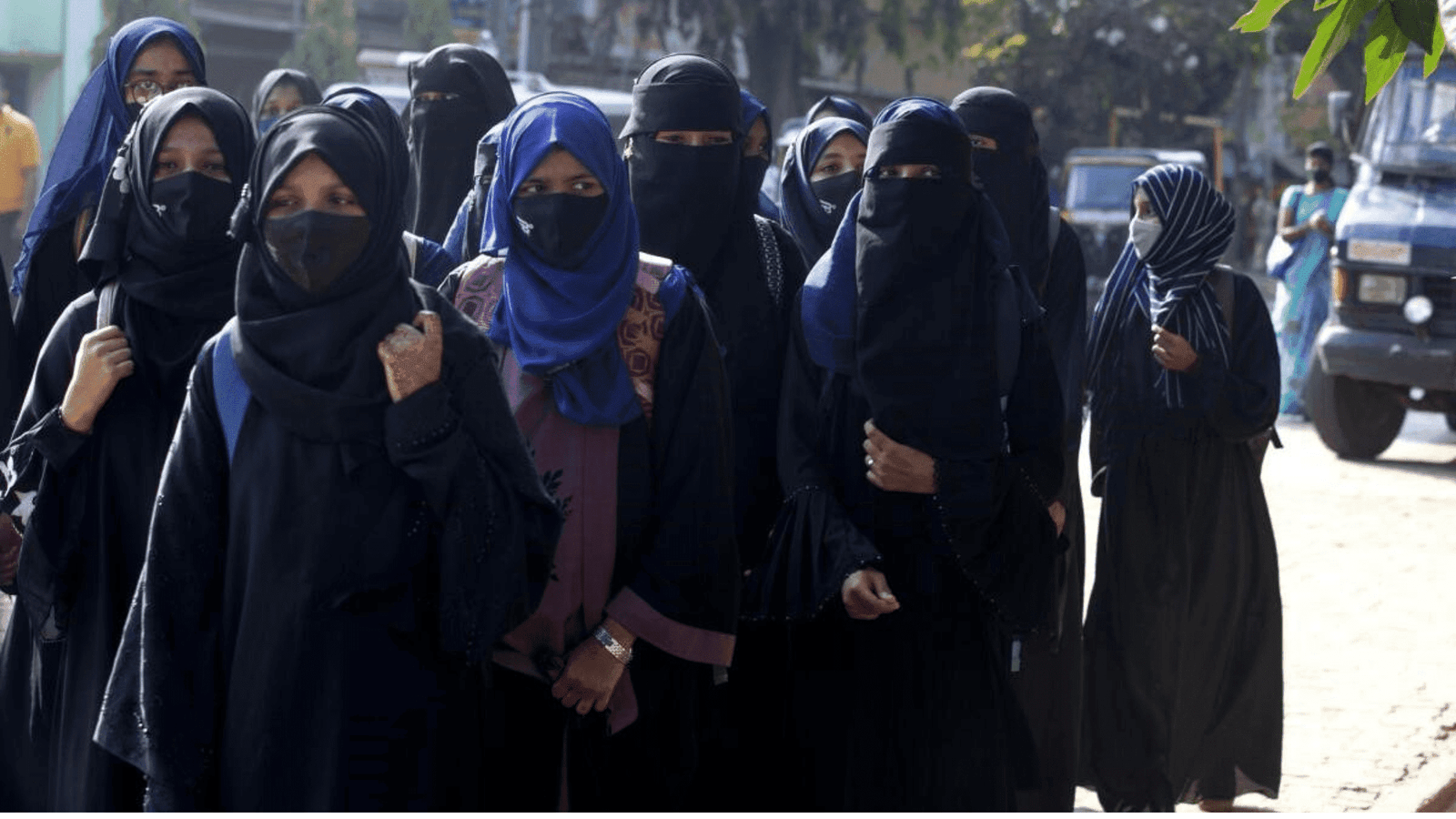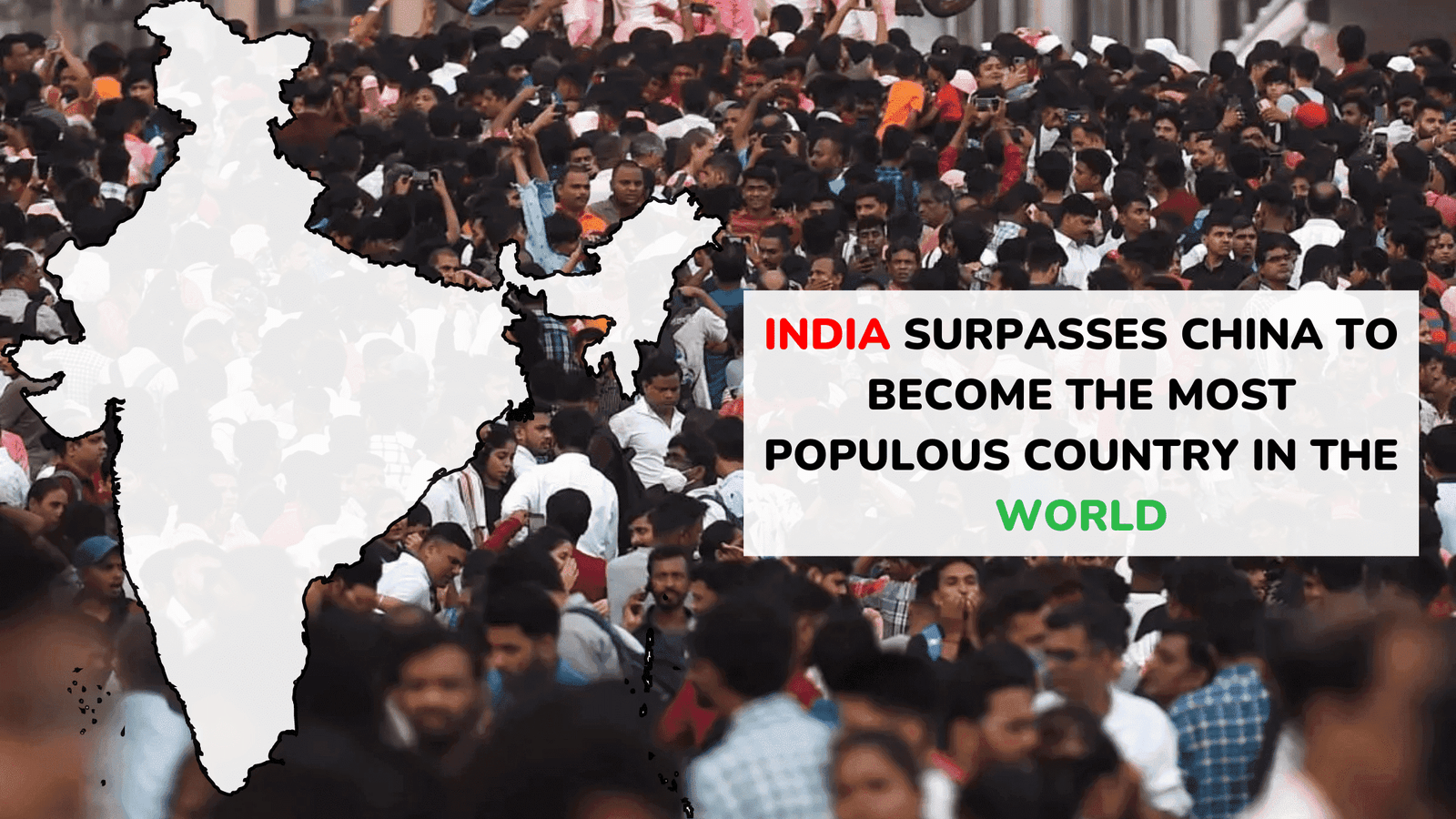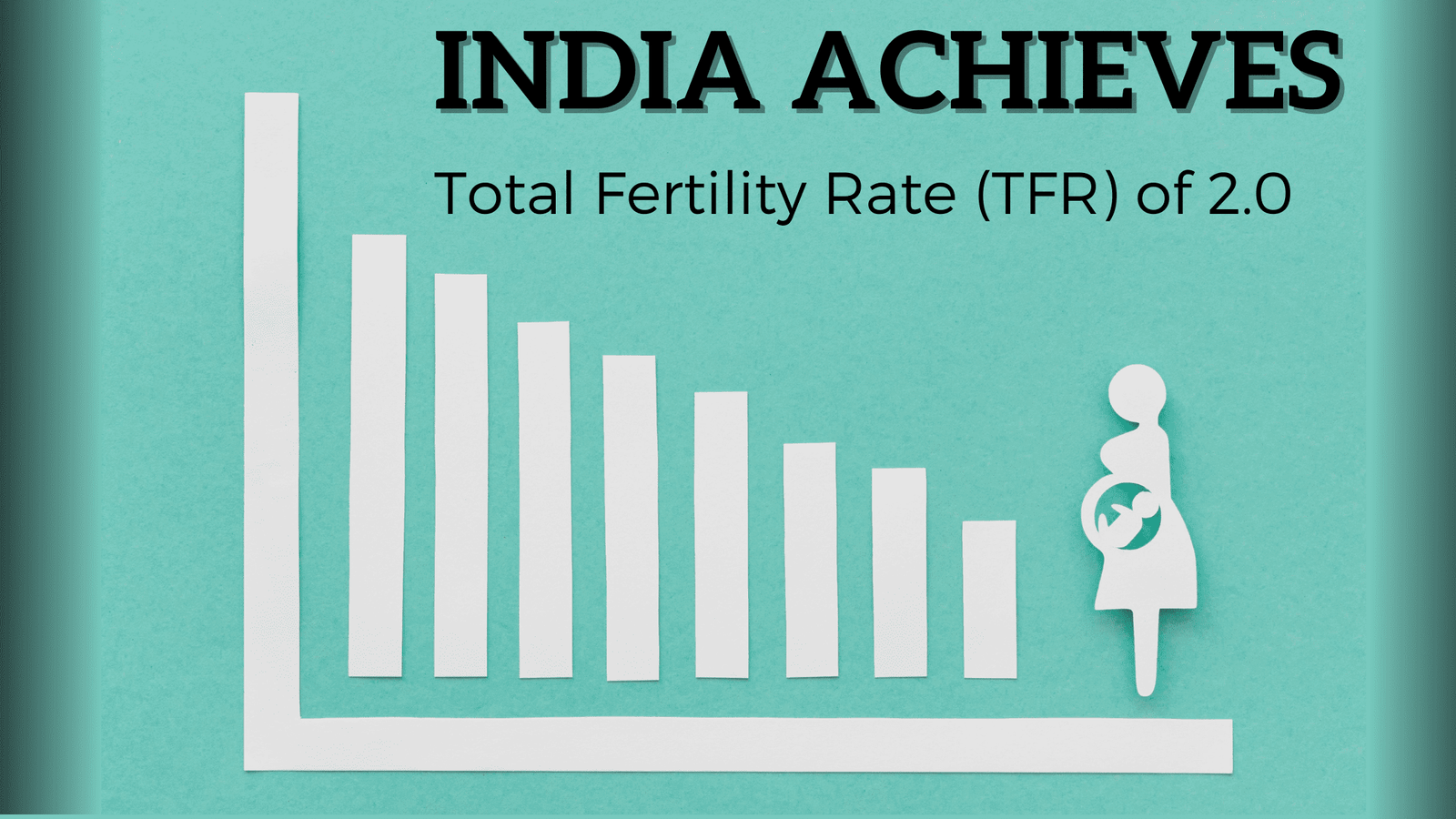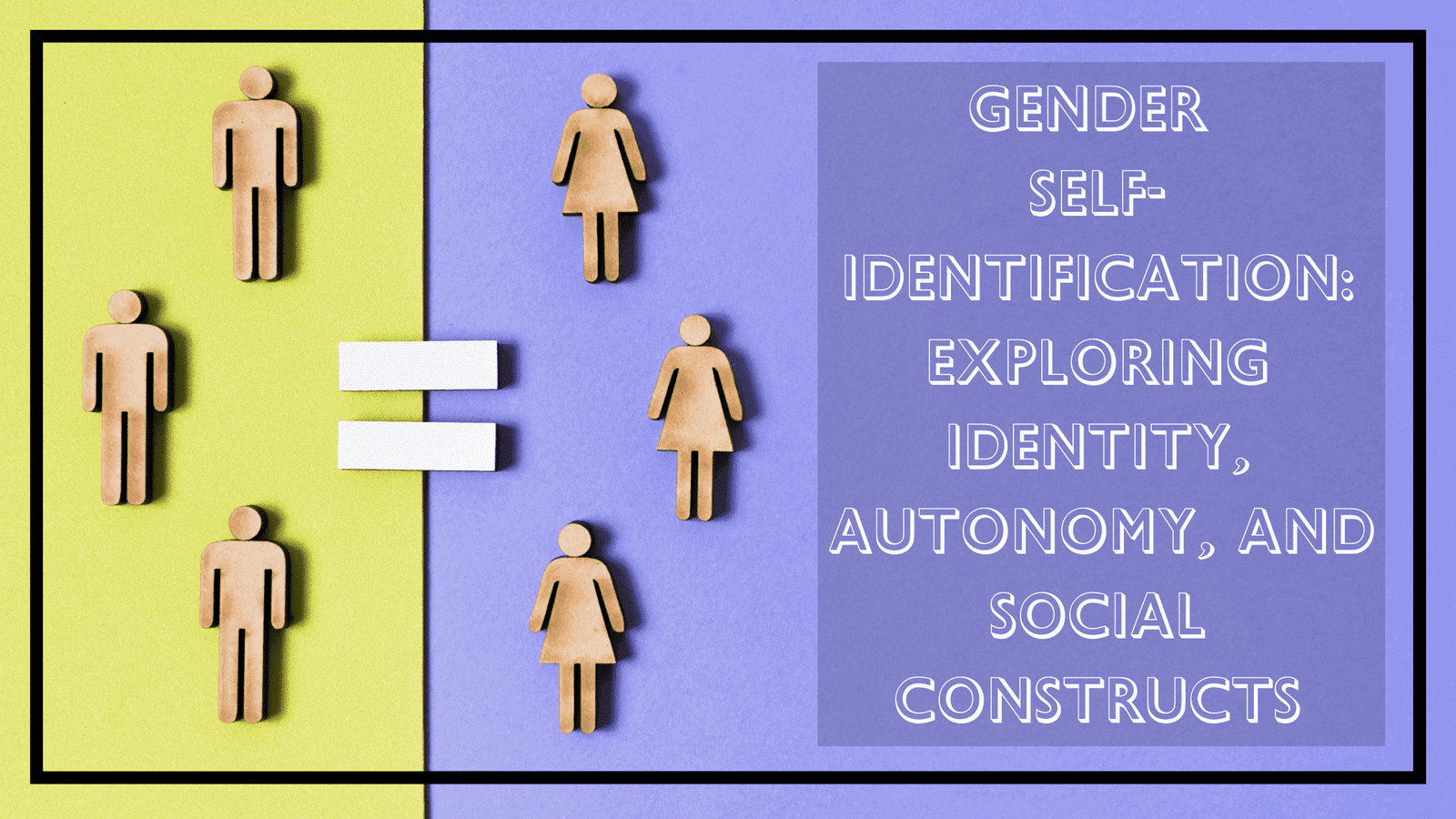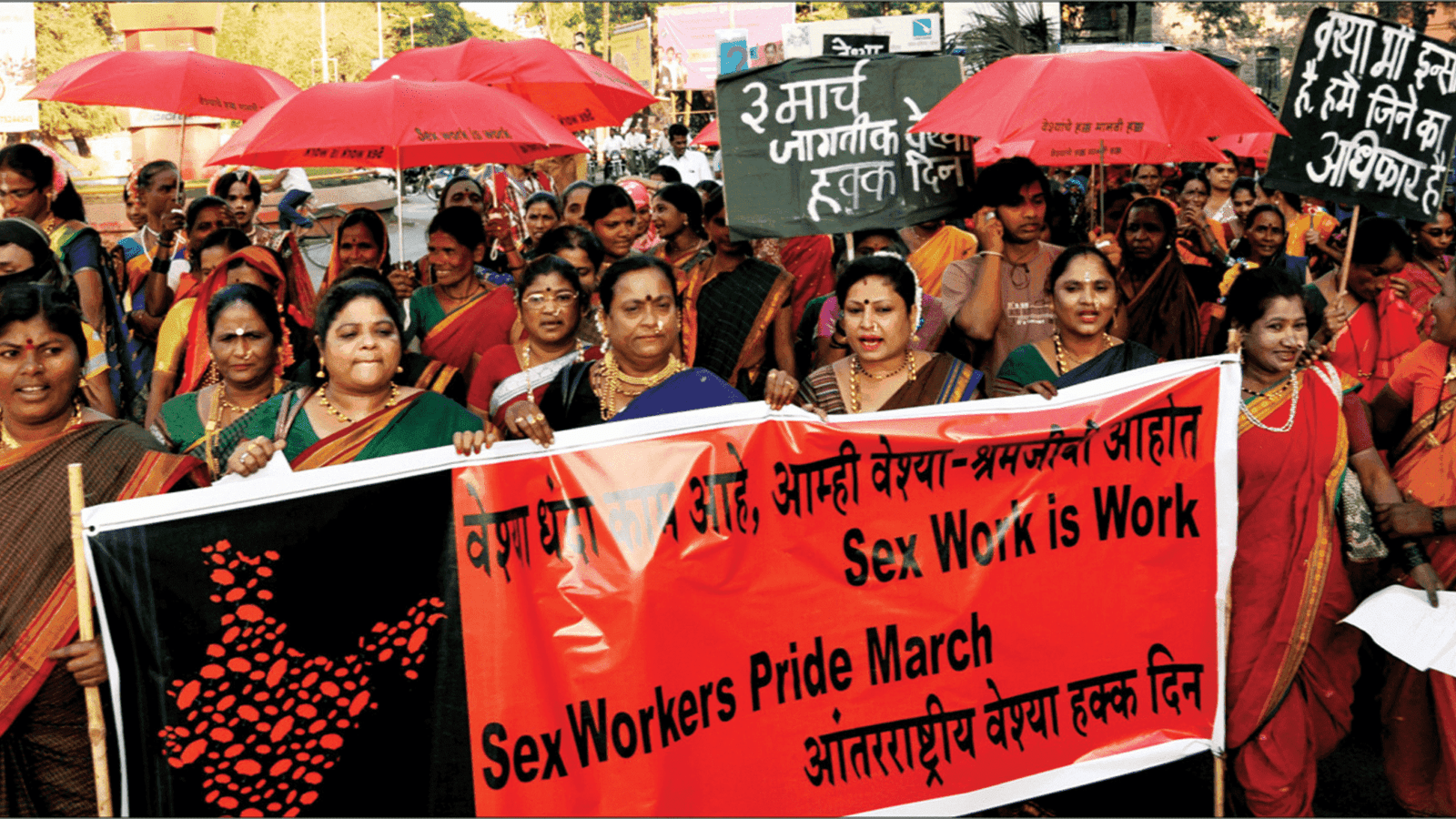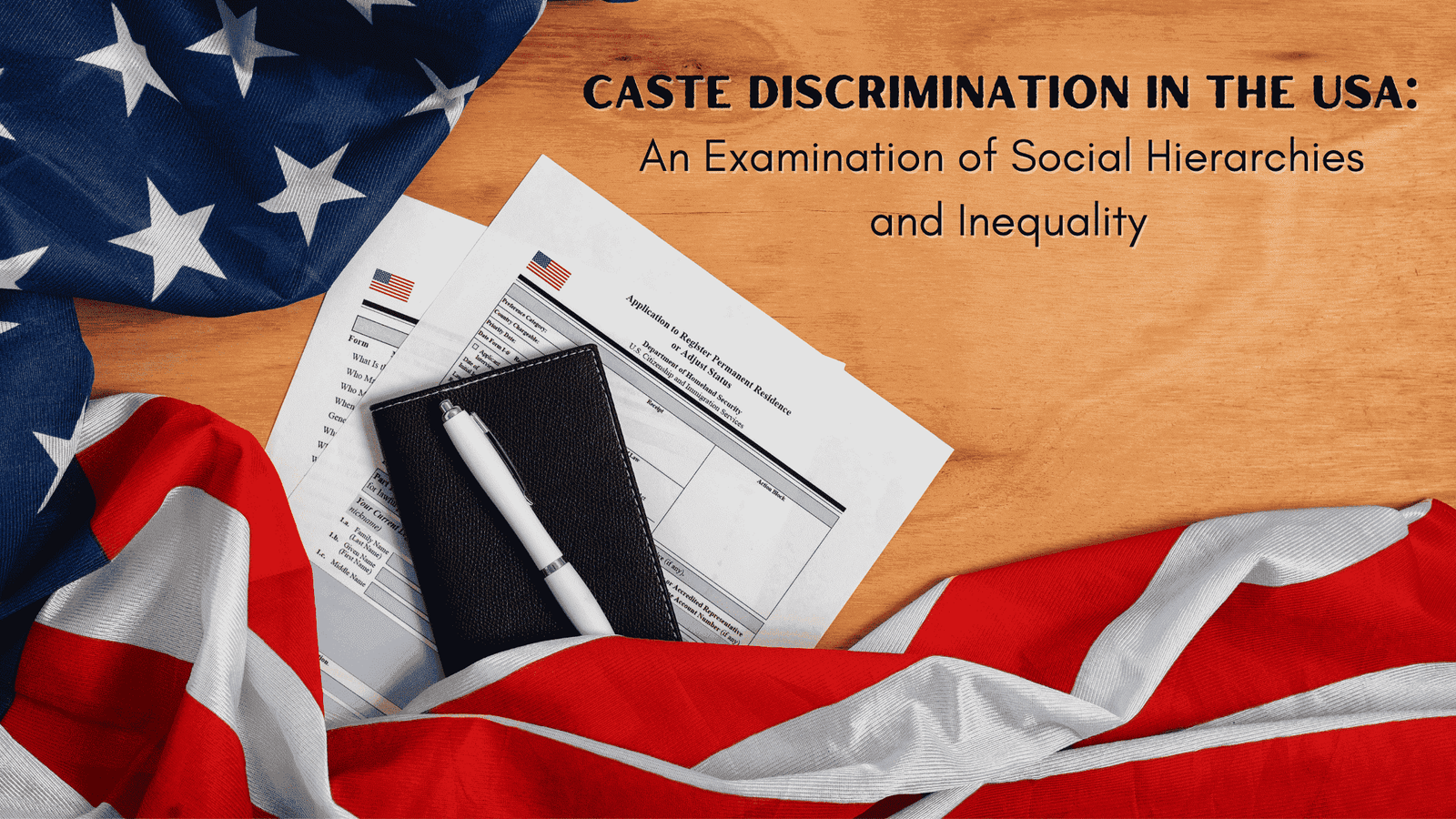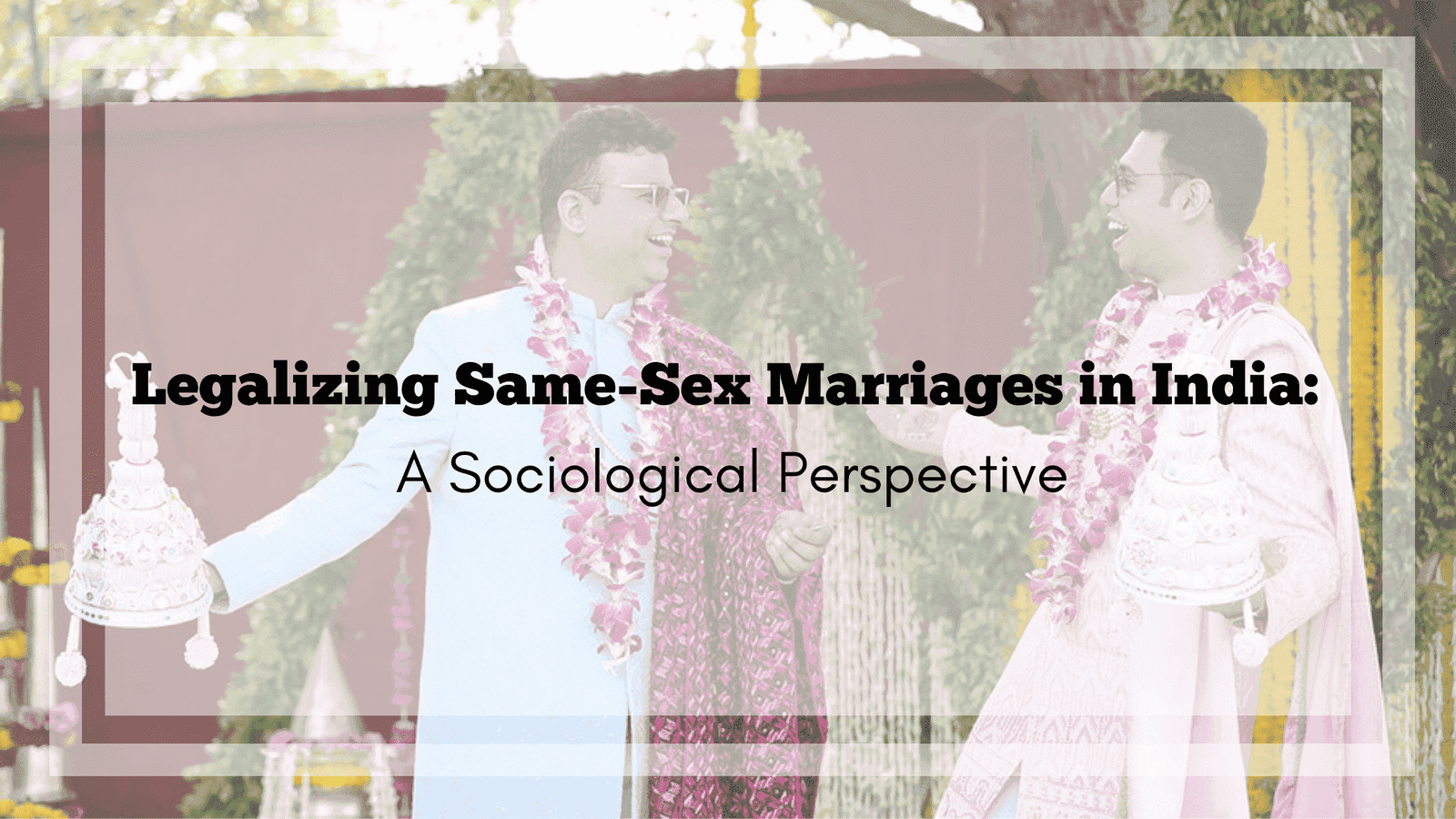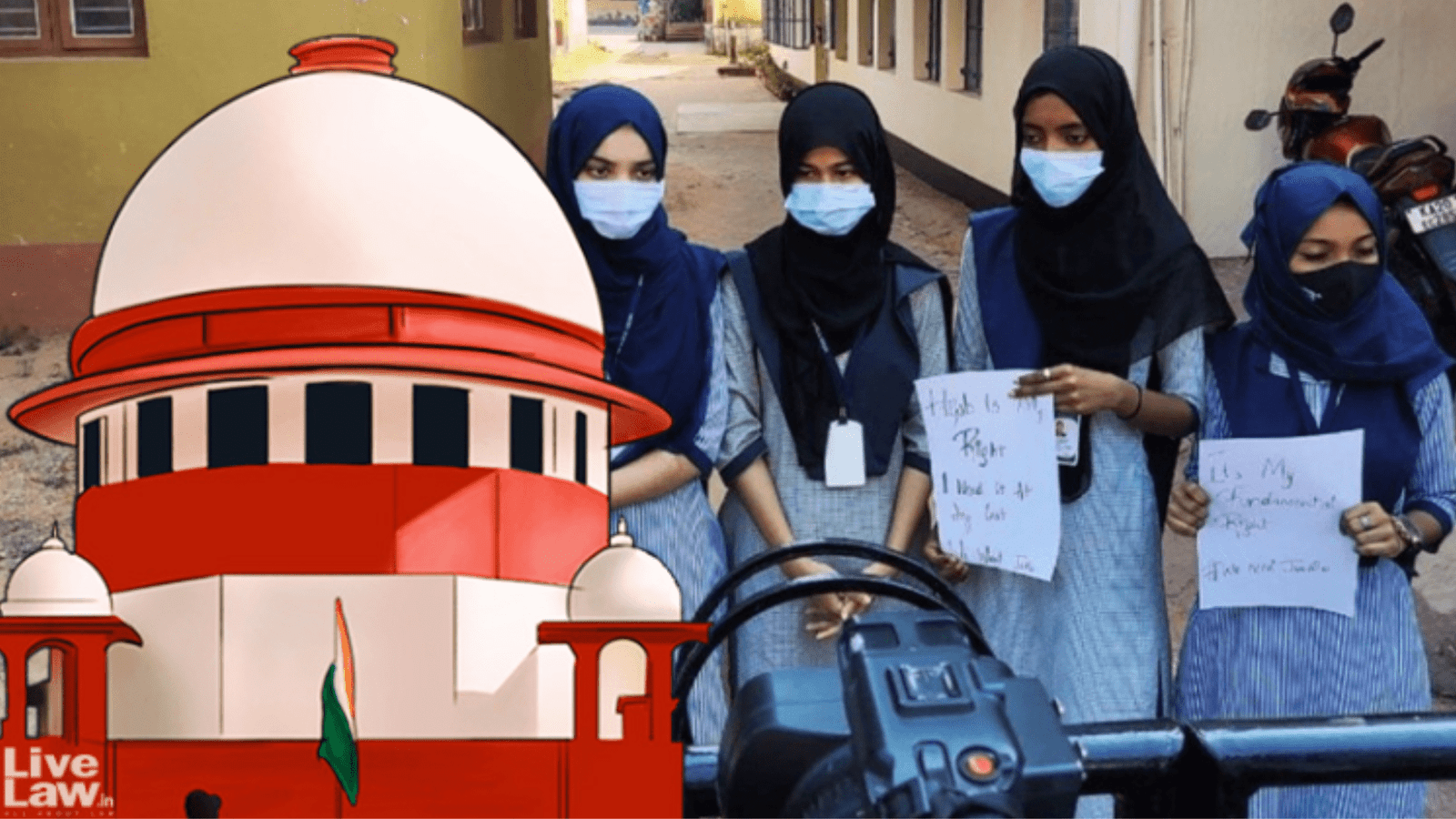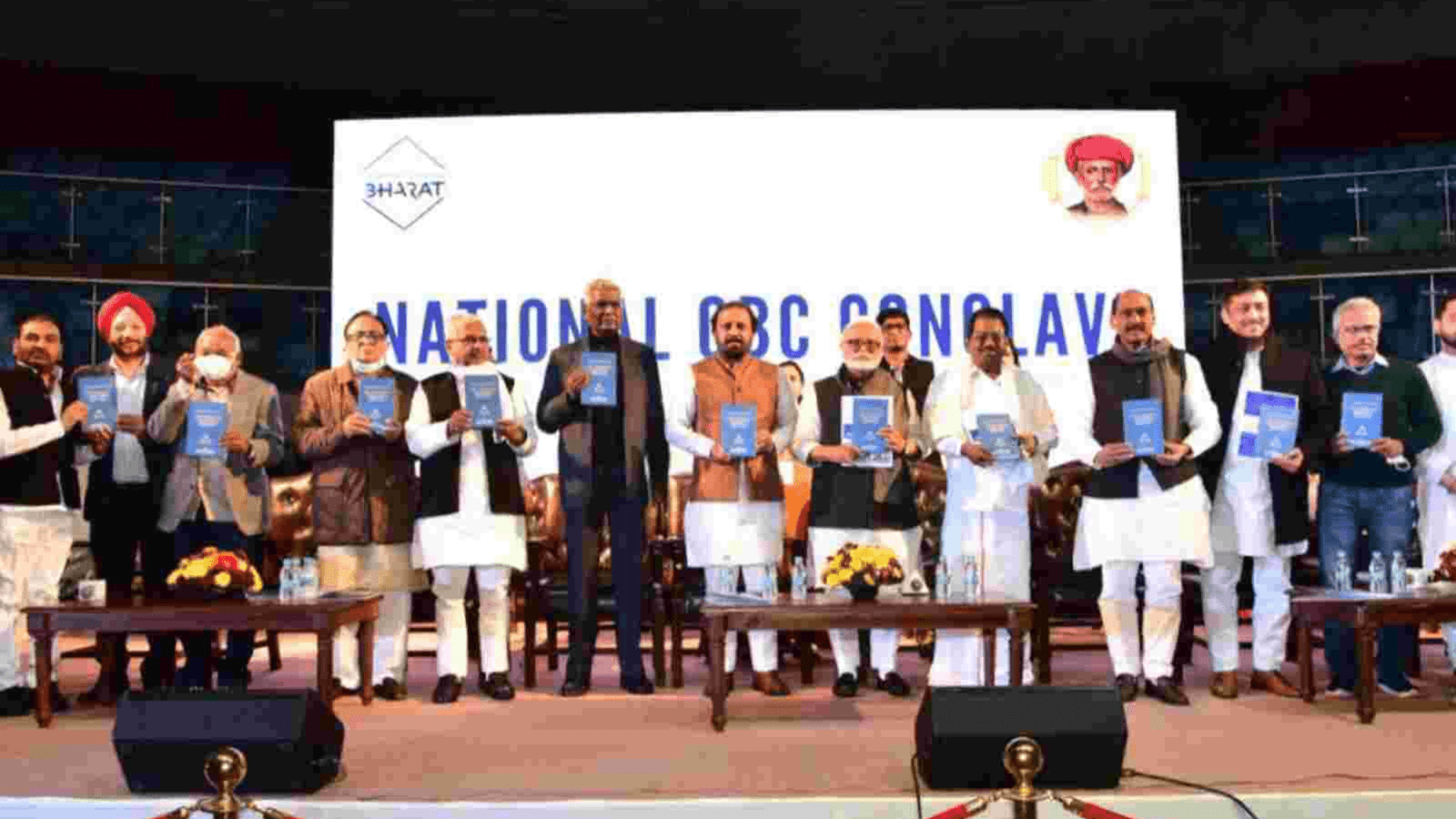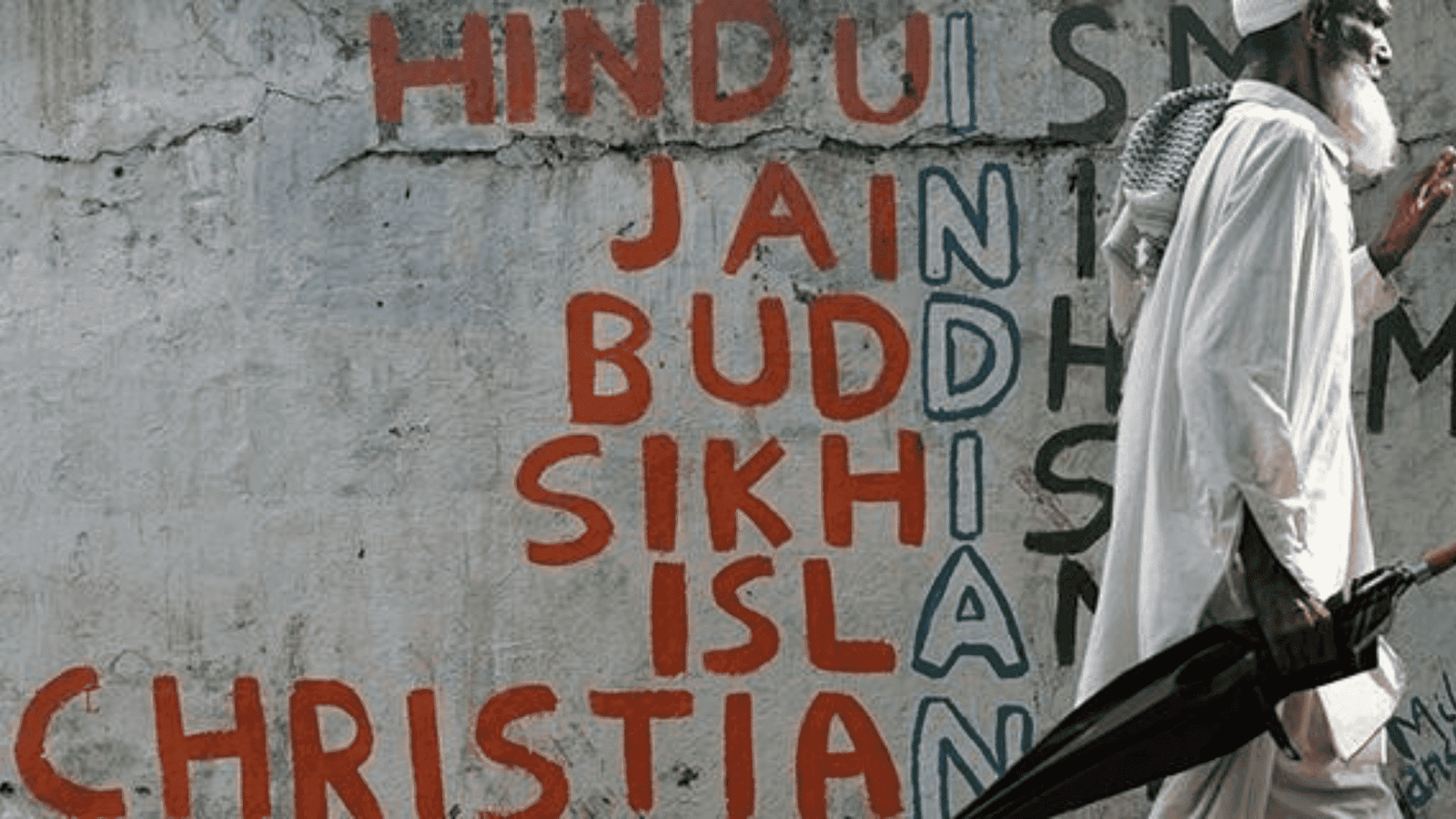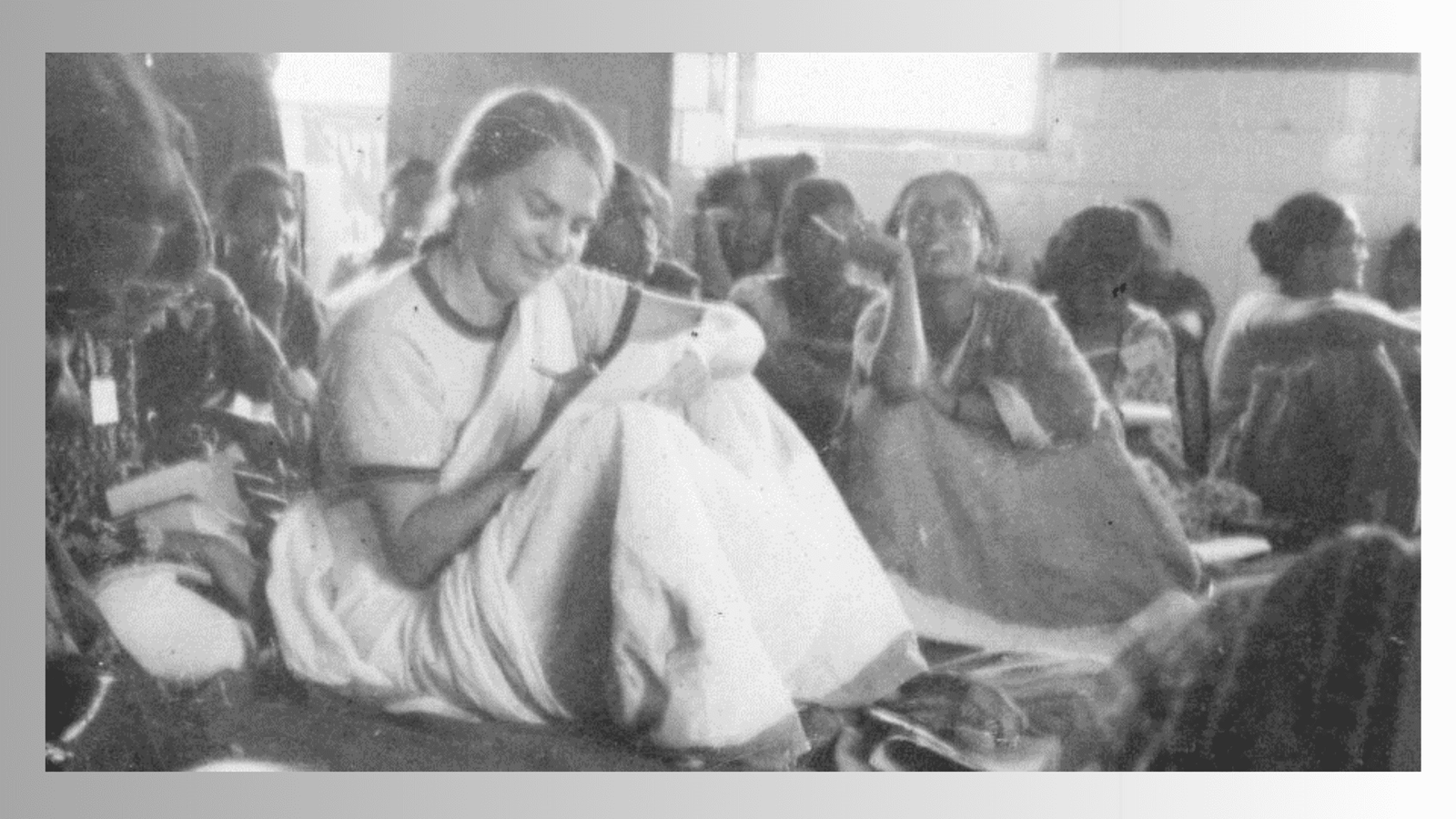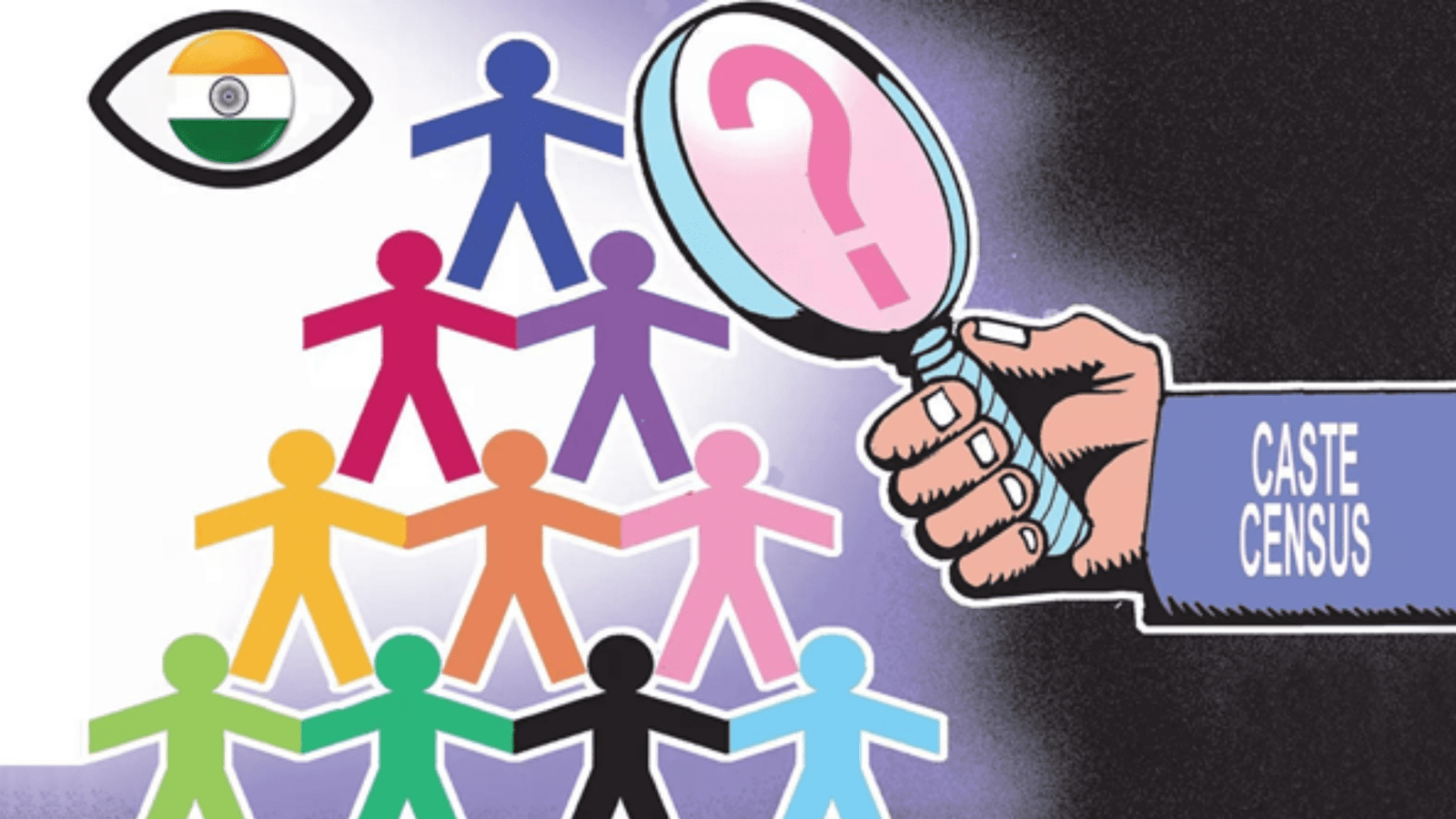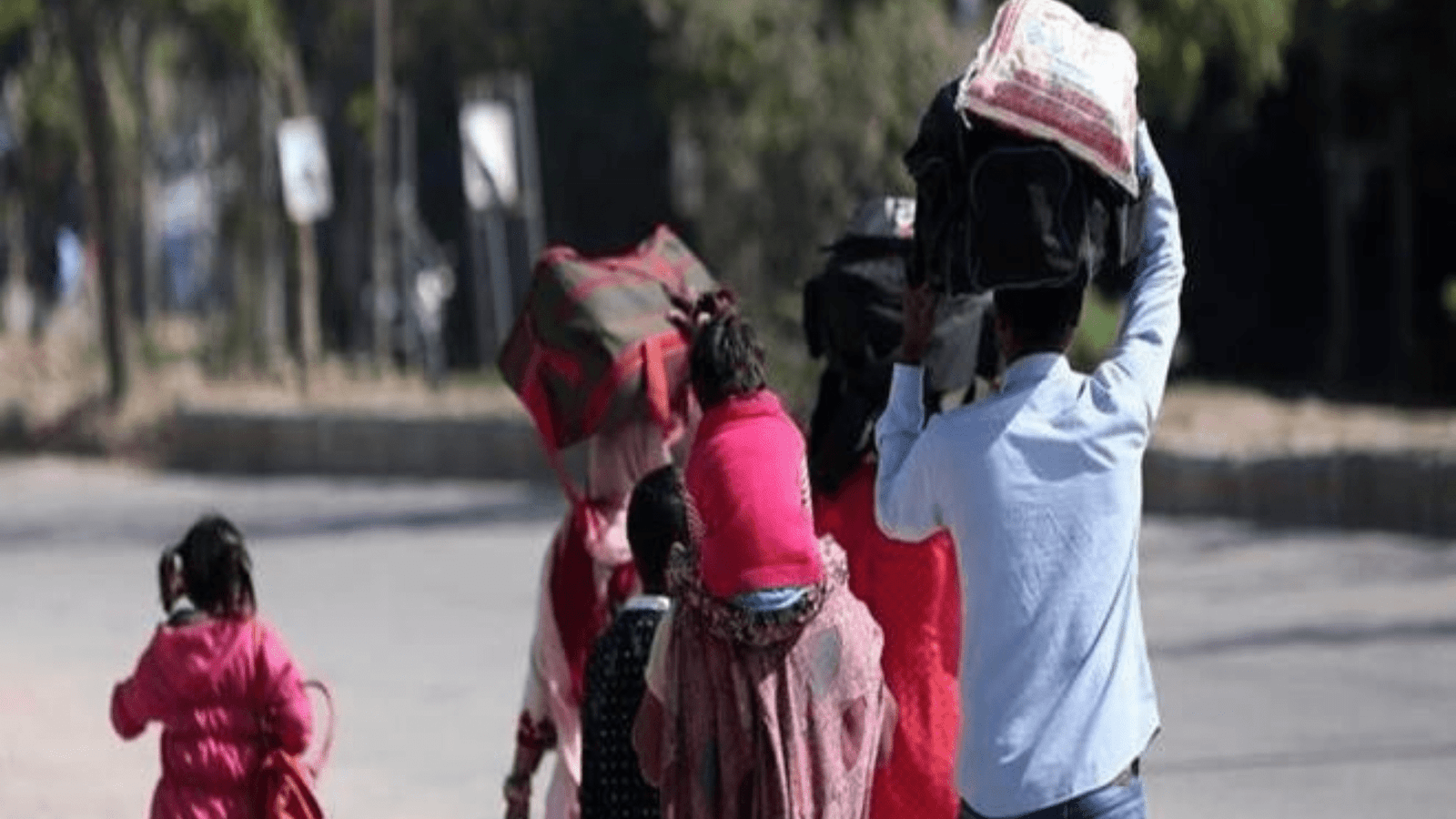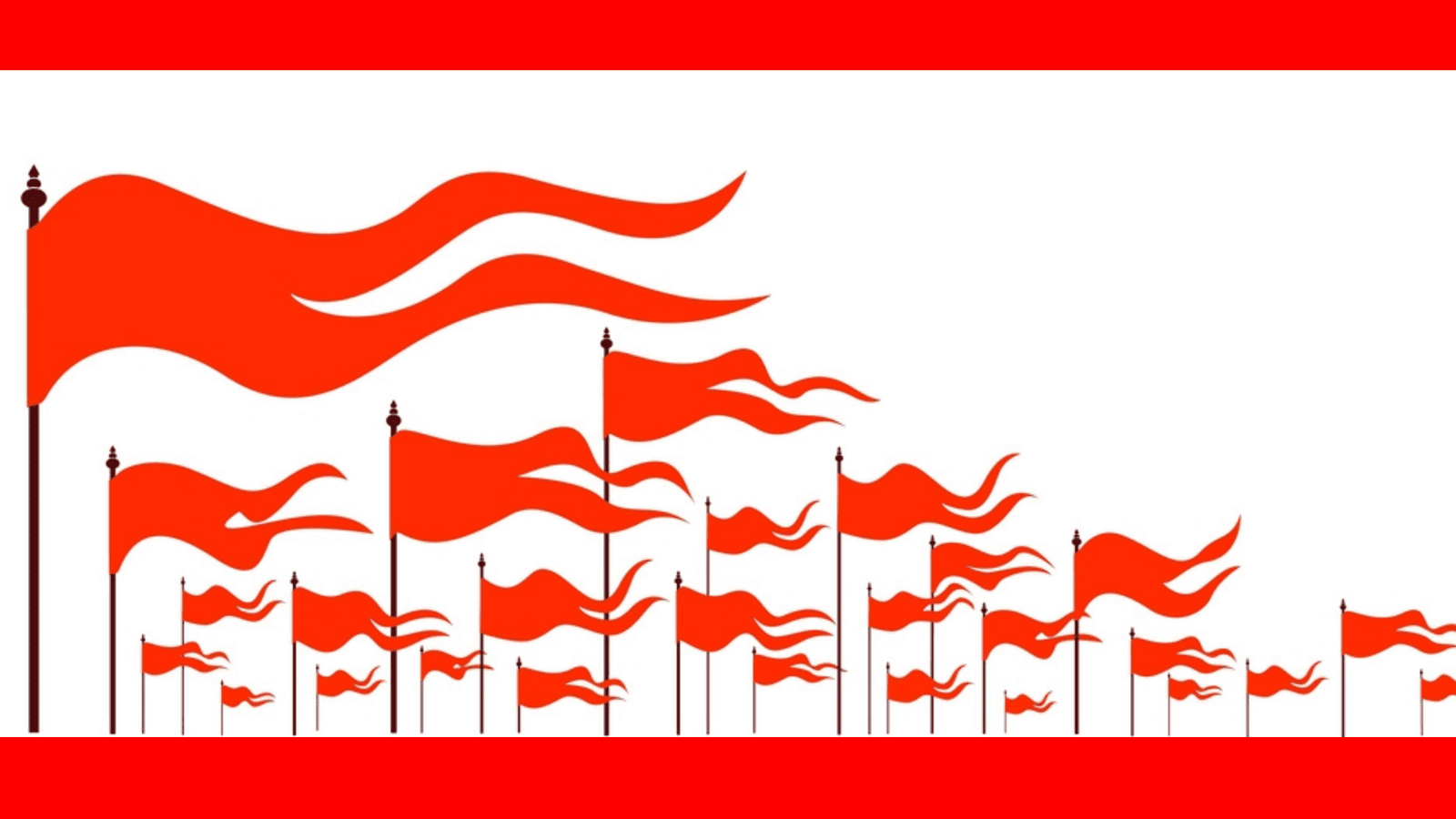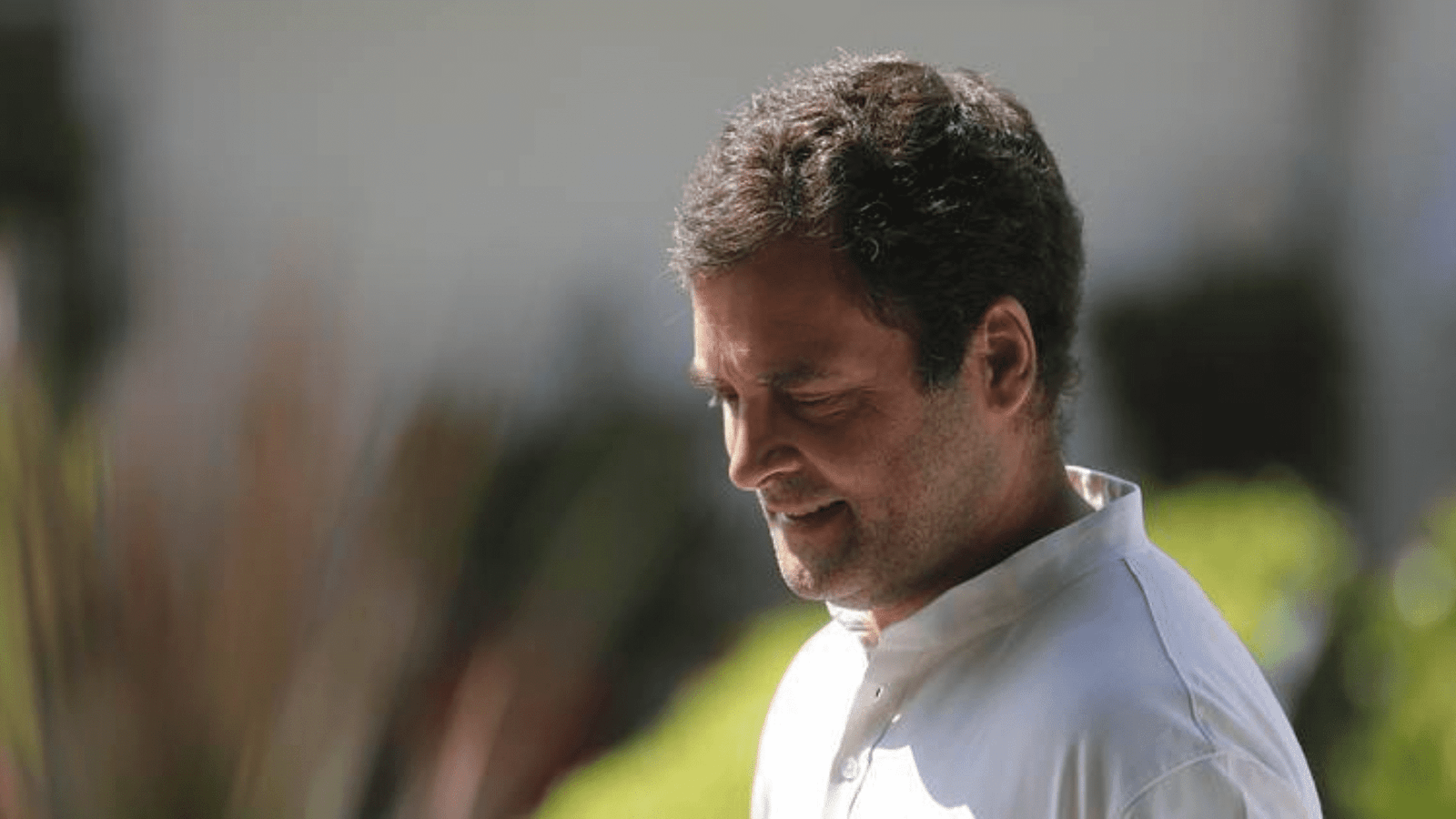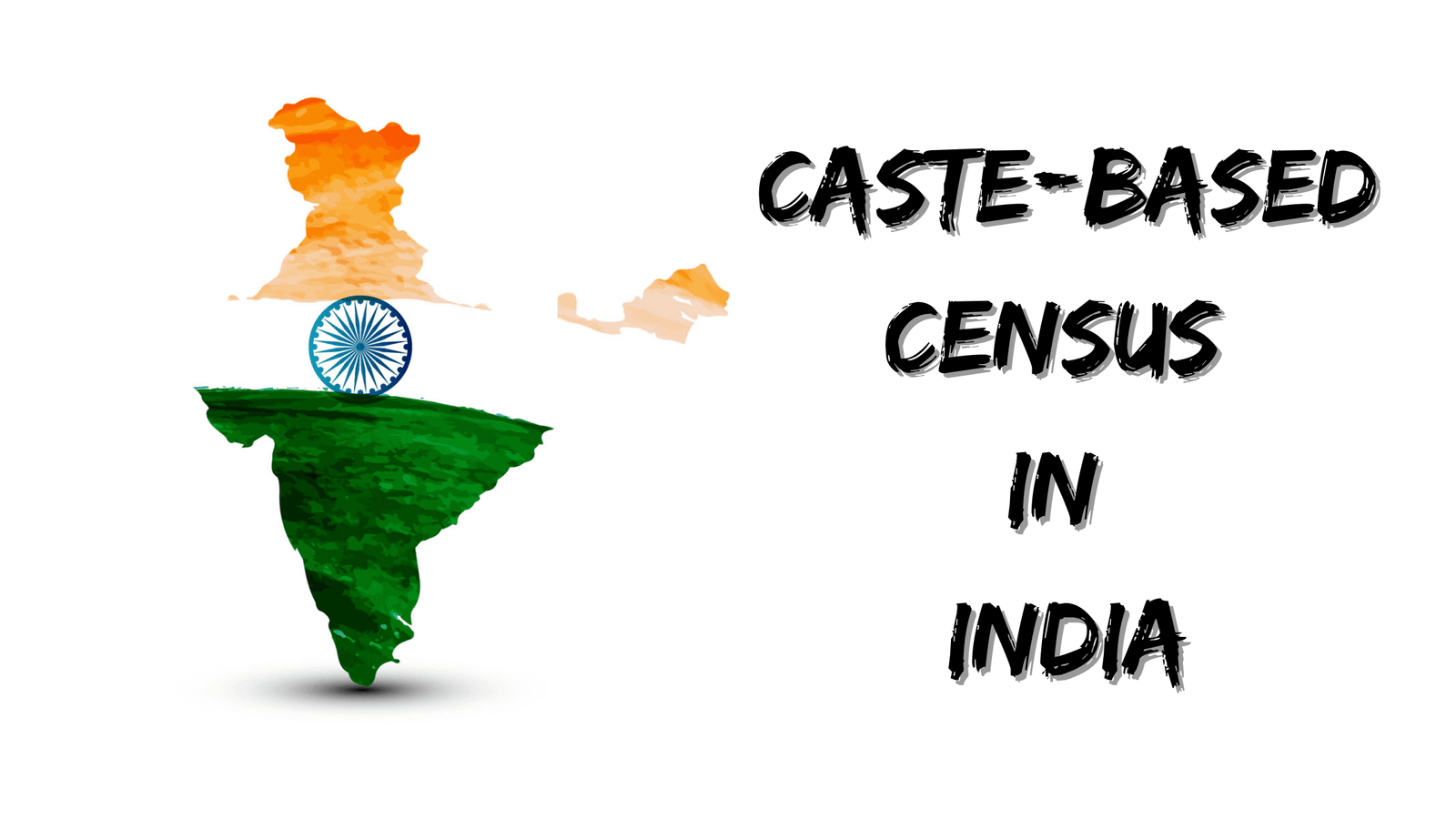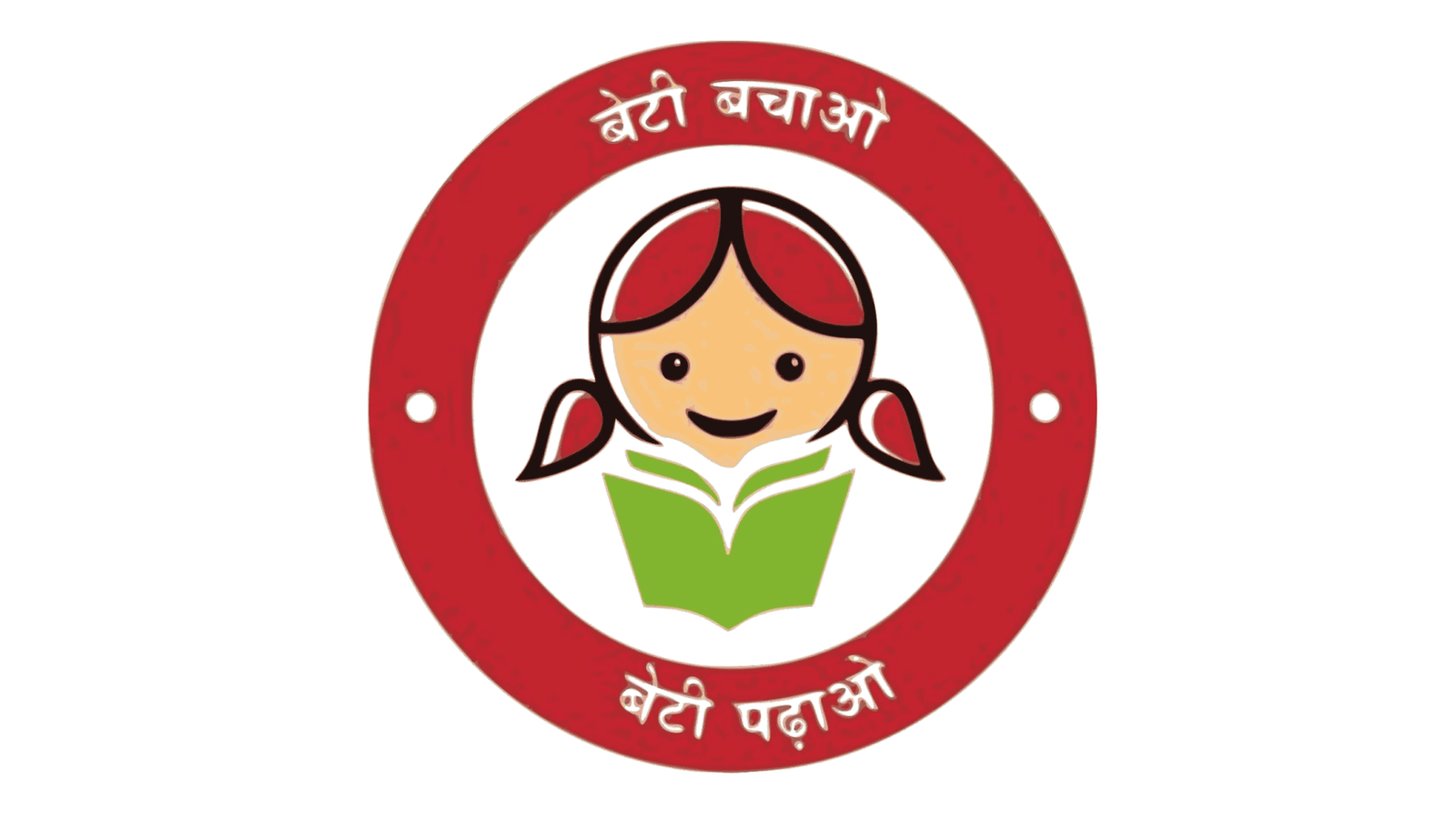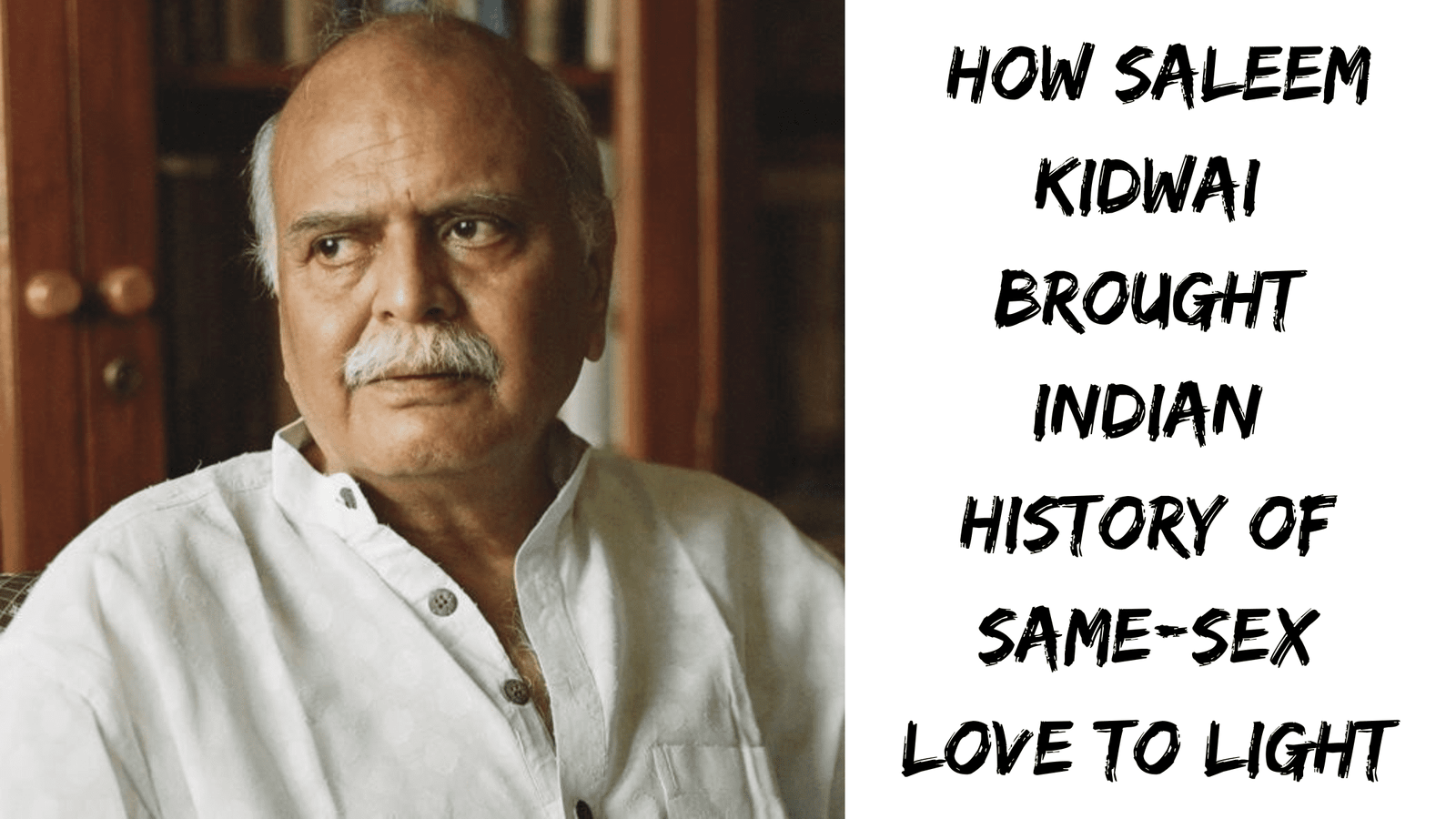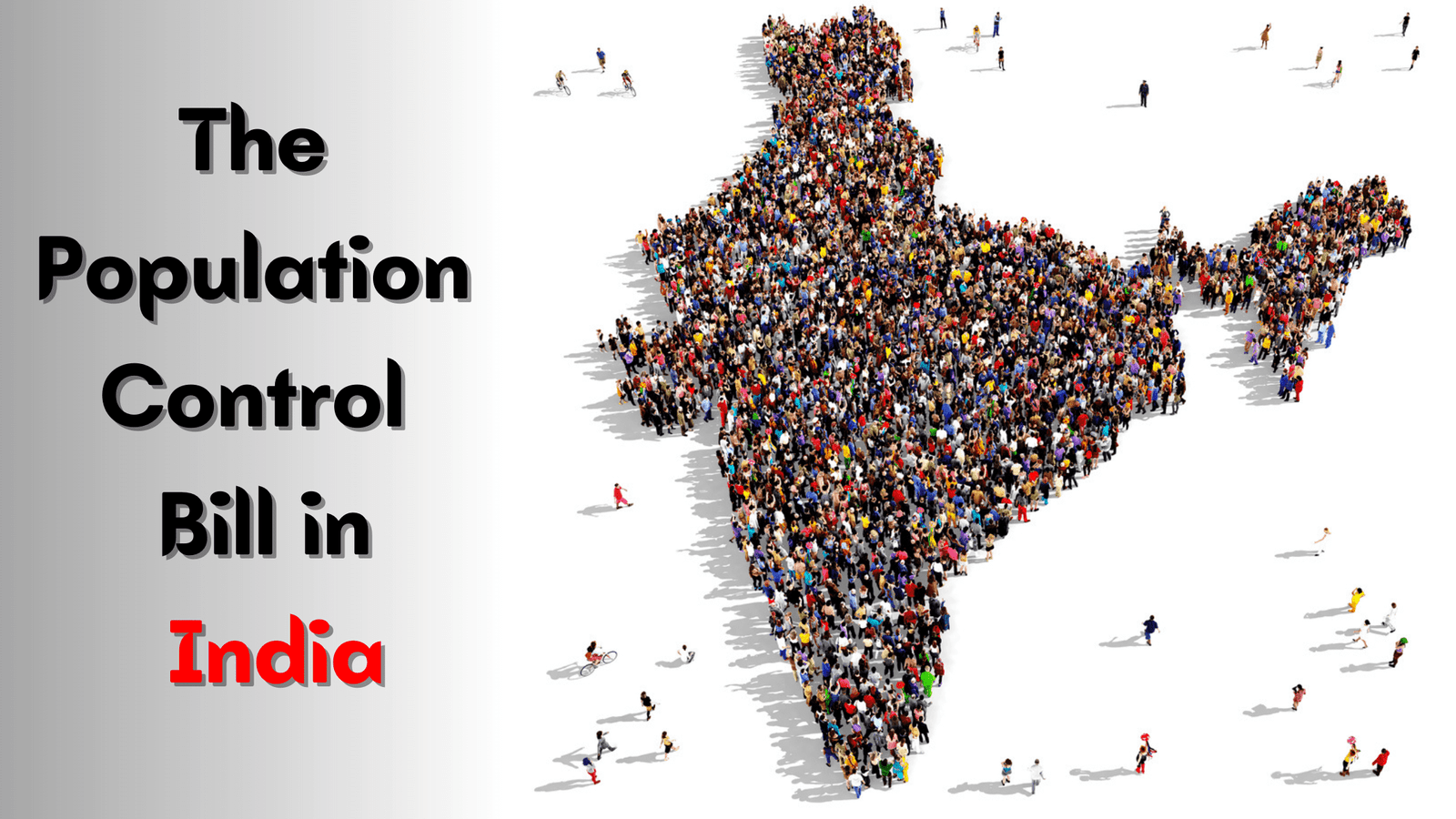
The Population Control Bill in India has been a subject of considerable debate and discussion within the realm of sociological inquiry. Aspiring civil servants with a sociology optional must delve into this contentious issue, employing sociological terminologies, jargons, theories, and concepts to critically analyze the proposed legislation. This article aims to provide a comprehensive sociological examination of the Population Control Bill in India, drawing upon the viewpoints of Indian and Western sociologists, relevant sociological works, statistical data, and sociological concepts to shed light on the social, cultural, and political dimensions surrounding this proposed legislation.
Understanding Population Control:
Population control is a crucial area of study within sociology, encompassing policies and measures aimed at managing population growth. It involves exploring factors such as fertility rates, mortality rates, migration patterns, socio-cultural norms, and governmental interventions. The Population Control Bill in India, if enacted, would have far-reaching implications for the nation's demographics and societal dynamics.
Perspectives of Indian Sociologists:
Indian sociologists have offered valuable insights into the population dynamics and policies in India. Scholars such as Ashish Bose, M. S. A. Rao, and A. R. Desai have examined the social, economic, and political aspects of population control. Bose's work, "India's Population: Aspects of Quality and Control", delves into the challenges and strategies for population control in India, providing a nuanced understanding of the topic. Rao's research focuses on the relationship between population growth and socio-economic development, emphasizing the role of social policies and economic opportunities. Desai's seminal work, "Social Background of Indian Nationalism", offers insights into the historical and social factors shaping population dynamics in India.
Western Sociologists' Perspectives:
Western sociologists have also contributed significantly to the study of population control and its sociological implications. Scholars such as Thomas Malthus, Paul Ehrlich, and Anthony Giddens have explored various aspects of population control. Malthus's work, "An Essay on the Principle of Population", highlights the potential challenges of population growth, emphasizing the potential for overpopulation to outpace resources and create social and economic crises. Ehrlich's work, "The Population Bomb", discusses the consequences of unchecked population growth and advocates for population control measures. Giddens's theory of "structuration" examines the interplay between social structures and individual agency, providing a framework to understand population control as a social process.
The Population Control Bill in India:
The proposed Population Control Bill in India seeks to address the challenges posed by population growth through legislative measures. It emphasizes controlling population growth by promoting family planning, providing access to contraceptives, and implementing incentives and disincentives for family size. The bill aims to regulate population growth within defined limits, with a focus on socio-economic development, healthcare, and environmental sustainability.
Critiques and Debates:
The Population Control Bill in India has sparked intense debates within sociological and policy circles. Critics argue that such legislation could lead to coercive measures, infringe upon reproductive rights, and disproportionately impact marginalized communities. They highlight the importance of addressing socio-economic inequalities, promoting gender equality, and ensuring access to healthcare and education as key factors influencing population dynamics. Supporters argue that population control measures are necessary for sustainable development, resource allocation, and improved quality of life.
Population Control and Social Justice:
A sociological analysis of population control must consider its implications for social justice and equity. Scholars like Amartya Sen emphasize that population control measures should not neglect the structural determinants of population growth, such as poverty, gender inequality, and lack of access to basic services. Approaching population control through a lens of social justice ensures that policies address root causes rather than resorting to coercive measures.
Conclusion:
The Population Control Bill in India represents a complex sociological issue with wide-ranging implications. By examining it through a sociological lens, incorporating insights from Indian and Western sociologists, considering socio-cultural factors, and analyzing the potential impact on social justice, we can gain a deeper understanding of the nuances surrounding population control. This understanding can inform policy-making processes, ensuring that population control measures are grounded in sociological research, promote social welfare, and foster sustainable development in India.
